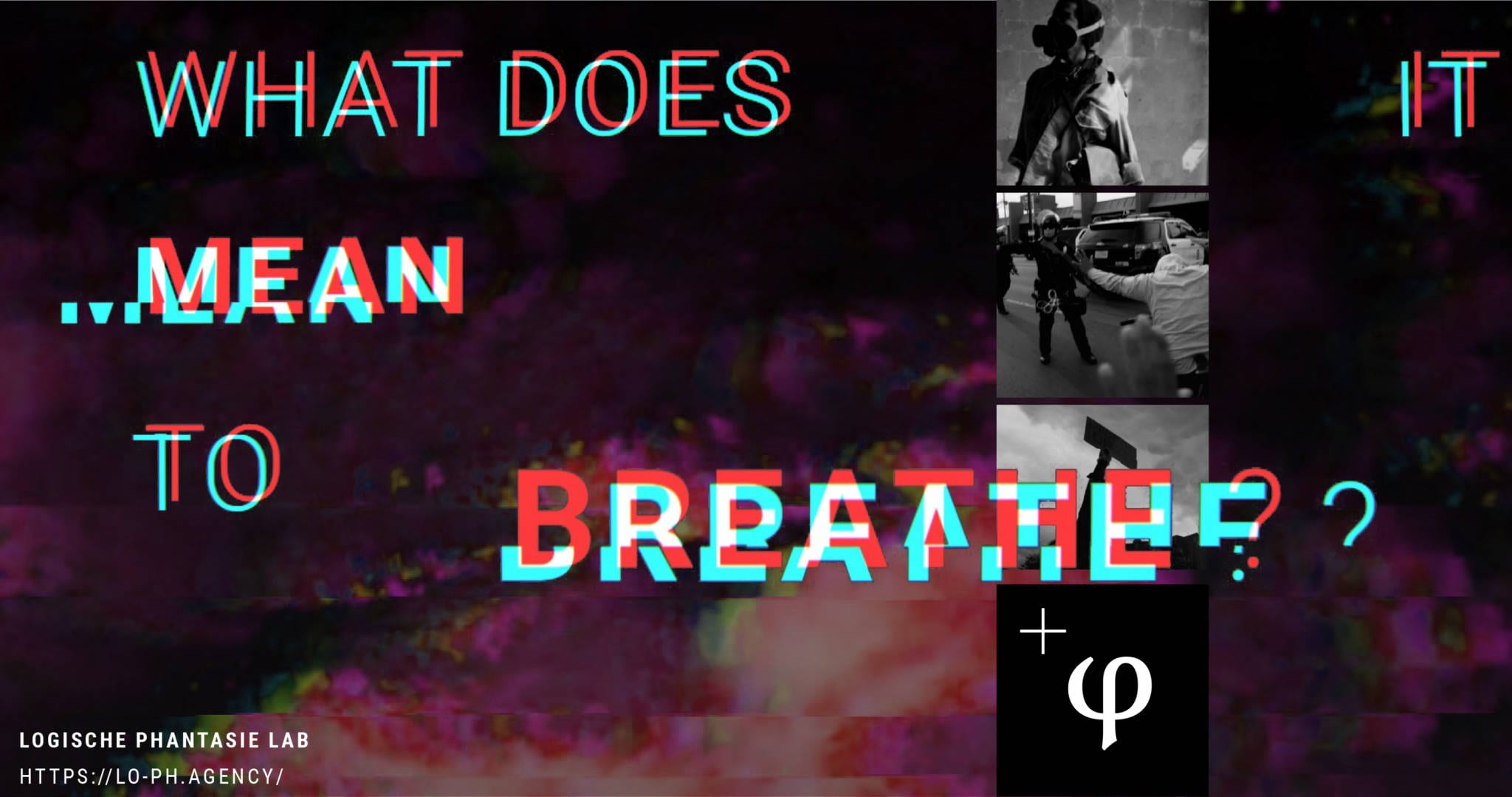To fight injustices in the wake of COVID-19 across different disciplines and fields of knowledge production, Princeton University scholars have launched an investigation, “Gas Exchanges and the Right to Breathe.” The lab-style project received support from a Rapid Response Grant in the Humanities Council and from the Pace Center for Civic Engagement.
Rapid Response Grants boost humanistic scholarship and community amid social distancing. This initiative was led by Daniela Gandorfer, then a postdoctoral researcher in Comparative Literature, together with Zulaikha Ayub, a PhD candidate in Architecture, Jonathan C. Aguirre, a PhD candidate in Spanish and Portuguese, and Eduardo Cadava, a professor of English.
“What does it mean to breathe?” was the investigation’s guiding question. Gandorfer explained that no legal system recognizes a right to breathe, though some people are making important attempts to establish a human right to breathe clean air, which the research team embraces. However, Gandorfer insisted upon pushing further: “We cannot simply accept that we already know what breathing is and what clean air is, and thus we must question the respective modes of measurement and classification that determine these definitions for law.”
Rejecting universal definitions of breathing like those that shape legal discourse, Gandorfer emphasized that scholars need to challenge “the convenient fiction that we know when breathing starts and when it ends.” This task requires attending to both chemical and social processes, both geological and legal histories, and both political and physical states. She argued for considering the relationships inherent to those processes, histories, and states, as the researchers are doing in “Gas Exchanges and the Right to Breathe.”
Gandorfer noted that the investigation is identifying a right to breathe that can account, and be held accountable, for what is neither registered nor addressable by current laws and legal systems. “How does law, for example, determine when police force becomes ‘unreasonable’?” she asked.
The Rapid Response project involved undergraduate and graduate researchers, as well as recent Princeton alumni. In examining the killings of George Floyd and Elijah McClain, Nadin Mukhtar ’21 scrutinized the link between “lethal force” and breathing in U.S. law by means of “Excited Delirium,” which Gandorfer described as a widely contested medical concept with a racist history. Revealing the boundaries of space and scale beyond law, Layla Varkey ’19 and Janette Lu ’20 are respectively reworking the concept of toxic breathing from within concrete contexts of electronic-waste burning in Delhi and battery-smelting in downtown Los Angeles.
As one major goal, “Gas Exchanges and the Right to Breathe” seeks to produce legal evidence that can support the argument for a non-universalized right to breathe. Attending to this problem, Rhodes Scholar Ananya Malhotra ’20 exposed how the U.S. government deliberately limited legal evidence to deflect accountability for deaths induced by nuclear radiation among Trinity Downwinders, mostly Indigenous and Hispanic families in New Mexico. Responding to the deaths of Barbara Dawson and George Floyd, Tiffany Critchlow ’21 is proposing forms of legal evidence that could register the physical, societal, and legal pressures that prevent breathing. Ariane Fong ’20, Shazia’Ayn Babul ’20, and Christian Bischoff ’19 collaborated with the ACLU, using the testimony of incarcerated people, to explore prison issues caused by the lack of legal acknowledgement of viral particle flow, as with COVID-19.
Future plans include a documentary and a digital archive of breathing injustices around the world. The Rapid Response project was the first investigation conducted by the recently launched Logische Phantasie (LoPh) Lab, an independent platform that aims to bring philosophical approaches to humanities-science collaborations.
















